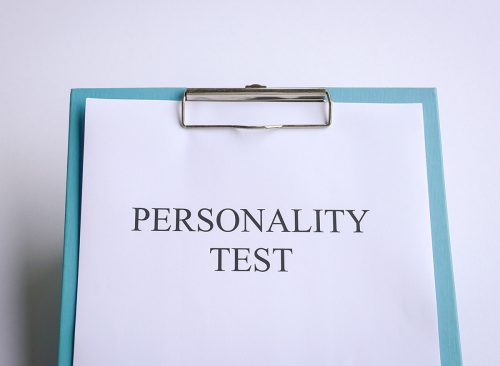12 Tips for Dealing with Toxic Coworkers
Got a coworker that is driving you crazy? Here is how to handle it.

According to research, 90 percent of US workers have at least one co-worker who annoys them – and 57 percent have considered quitting or quit because of them. But what can you do? “It takes a lot of work to make a job change, so before you jump ship, educate yourself on giving feedback to the people you work with so you have a chance of improving things,” says Sue Ingram, founder of Converse Well and author of Fire Well: How to Fire Staff So They Thank You. Here are twelve tips for dealing with a colleague you hate.

“One big issue is the different communication styles,” Sarah Aviram, author of Remotivation: The Remote Worker’s Ultimate Guide to Life-Changing Fulfillment, tells The Telegraph. “Extroverted colleagues can be ‘too much,’ on overdrive because they are delighted to be working in a team again, [while] introverted colleagues, who had got used to asynchronous communication – allowing them to be able to think before answering and not being interrupted – can find it hard to be interacting again.”

The first tip from experts is to take time and space to deal with your irritations and not to confront someone when they are getting on your nerves – especially not in front of other people.

“It’s also not good to scream ‘That was my idea’ across the boardroom table. It makes you look bad, not them,” says Aviram. After you calm down, request a formal meeting in a private space.

Once you have them in a quiet, private space, try the “SBI” technique – situation, behavior, and impact, says Aviram. “Name the specific situation where it happened. Then state the behavior you witnessed. For example, ‘You didn’t mention in the meeting that I had co-created the presentation with you.’ Then try to seek clarification and give them an opportunity to explain their perspective before stating the impact that this had on you,” she suggests.

Ingram adds to use a neutral tone and avoid accusing. “Use language like: ‘I notice’, ‘I’m beginning to think’, ‘I perceive’, ‘I suspect…’ ‘I have a concern that when you play on your phone/when you talk over me, it impacts my deadlines/mood/motivation.’ And then ask a question: ‘Is everything OK with you?’ Keep focused on specific, nameable behaviours and open up an honest conversation.”

Ingram also recommends finding something you respect about the person so you can change your inner script “Try this for two weeks,” she advises. And remember that you can’t change another person, but you can change your reaction to them.

“If we give feedback with irritation front and center, it can make us spiteful.” Also keep in mind that you might be irritating them.

You should also consider seeking outside help, especially if the issue could be related to personal hygiene. “If someone is struggling with personal hygiene, this can often be a symptom of depression or mental health,” says Ingram.

“Before you address this, notice what that person is doing well and give them positive praise so they will be more likely to see you as an ally. Then open up the conversation by asking: ‘How are you, because I noticed x, y and z and I was worried?’ ”

“Agree on some basic rules of engagement with your colleagues while you’re working together, such as: ‘I will be on time’, ‘I will be respectful to you,’ ‘We will not eat when we’re on Zoom’,” says Ingram.

Ingram also recommends doing a personality test like Myers Briggs or Enneagra, as it might help you understand your communication style. “Educate yourself about what types work best together and acknowledge the value of different communication styles and ask how you can work effectively together,” says Ingram.
RELATED: 30 Area Codes to Watch for in Latest Phone Scam

“Often, people are just in the wrong role, or their priorities or motivations have shifted,” says Aviram. She suggests shifting your approach to work, ensuring that you aren’t taking your own frustrations out on someone else. “When you love your job, you’ll be a lot less irritated by your colleagues,” she says.














